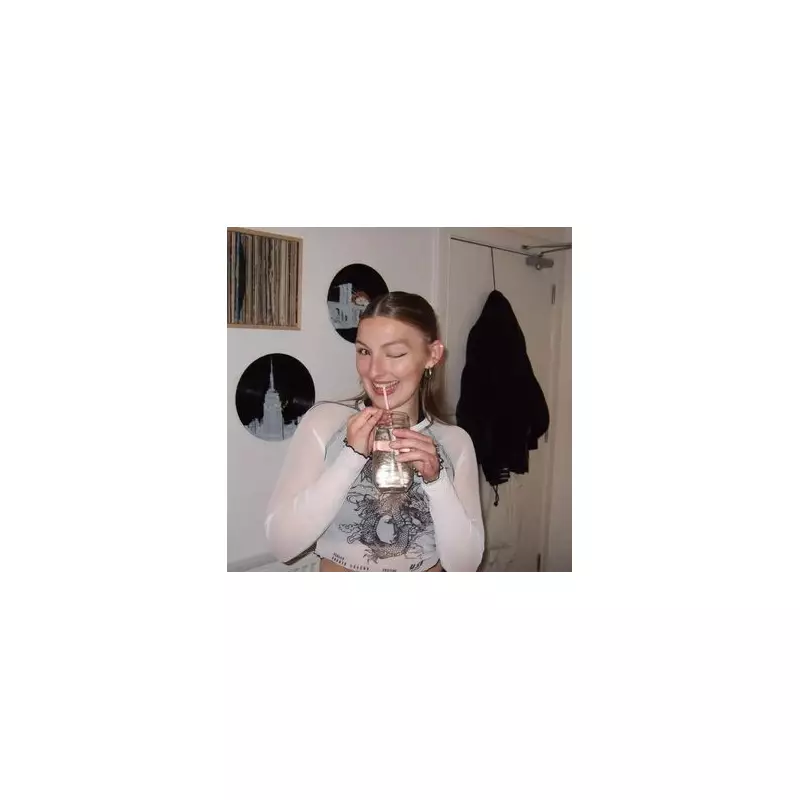
A Scottish student who feared she wouldn't live to see another Christmas has received life-changing news after experimental drugs eliminated her rare brain tumour.
Rare diagnosis and pioneering treatment
Joscelyne Kerr, a 20-year-old astrophysics student from Kinross, was diagnosed with anaplastic pleomorphic xanthoastrocytoma (APXA) in 2023, marking the first recorded case of this rare cancer in Scotland.
At just 18 years old, she underwent high-risk surgery followed by chemotherapy and radiotherapy in 2024. When these conventional treatments proved ineffective, Joscelyne joined a drugs trial that delivered what she describes as "unbelievable" results.
Remarkable recovery and ongoing vigilance
Following an anxious start to the year, scans revealed the trial drugs had successfully dissolved her tumour. "It was such an unbelievable thing to hear as we never expected the crystallised core of Pedro to be dissolved by the drugs," Joscelyne revealed.
Despite this breakthrough, the young student admits to remaining cautious. "It's so hard as you're always waiting for the 'but' that usually follows positive news," she explained. A recent scan showed a small speck that could indicate a new tumour or a stressed nerve, but Joscelyne maintains a positive outlook.
Living life to the fullest while raising awareness
Now in her third year studying astrophysics at the University of Edinburgh, Joscelyne is determined not to let her diagnosis define her. She's supporting the Brain Tumour Research Christmas Appeal to help fund pioneering research into the disease.
"Sometimes people want to make everything extra special, thinking it might be my last, but they can't get rid of me that easily!" she joked, looking forward to family traditions including gingerbread competitions and long dog walks.
Joscelyne's story highlights the critical need for increased funding for brain tumour research. Brain tumours kill more people under 40 than any other cancer, yet just one percent of the national spend on cancer research has been allocated to brain tumours since 2002.






